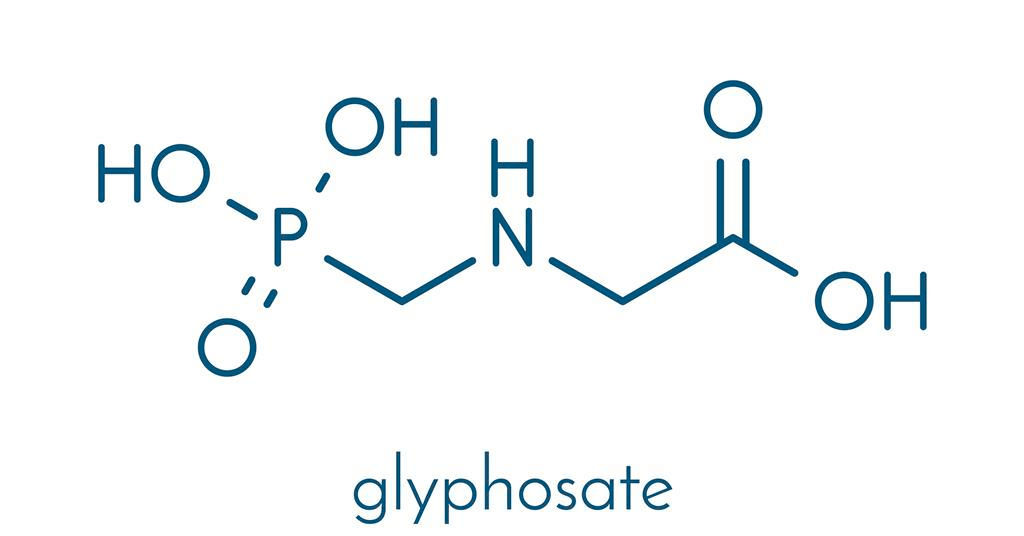
When I was in undergraduate school, I took a class called Nutrition Ecology. It talked about the ecosystem in which food is manufactured and how the environment moves various pesticides, pollutants, and toxins into our food supply.
Required reading for the course included “Silent Spring,” a book by Rachel Carson. Carson discussed how the use of DDT had harmed wildlife, farm animals, pets, and even humans. She spent years analyzing how humans were misusing powerful chemical pesticides, pointing to financial self-interest and human hubris as the source of the issue.
“Silent Spring” was published 60 years ago. In fact, President John F. Kennedy mentioned the book during an August 1962 press conference in reference to pesticide safety.
In 2022, how much progress have we really made?
I was reminded of my Nutrition Ecology class and the “Silent Spring” book when I read an article originally published in Real Farmacy called, “The Real Reason Wheat is Toxic.” The article points out that wheat is not inherently toxic and it has nothing to do with gluten.
Much of the wheat in the American food supply is toxic because of glyphosates, the chemicals used in Roundup, which is used for weed control. If you sprayed glyphosates on pure wheat, it would be killed. Much of today’s wheat has been genetically engineered to resist glyphosates.
Guess what enters the human body when we consume bread, pasta, cereal, and other products made with this wheat?
Even if you eat organic, glyphosates are probably present, at least in small amounts, because chemicals have been transmitted through our air, water, and soil for more than 100 years. It’s virtually impossible to escape them.
What happens with wheat and glyphosates is a prime example of industrialized farming, which refers to pesticides, antibiotics, genetically modified organisms (GMOs), and other toxins that make their way into our food supply. This is directly tied to environmental xenobiotics, the harmful toxins in the air, water, and soil that make us sick.
Both are primary causes of the chronic illness epidemic in our country and appear prominently in the Pyramid of Health.
The U.S. Environmental Protection Agency and the European Food Safety Authority have said there is no evidence that glyphosate causes cancer in humans. However, the World Health Organization stated in 2015 that glyphosate is probably carcinogenic. University of Washington researchers published a study in 2019 that found glyphosate increases the risk of non-Hodgkin lymphoma by 41 percent.
You know what that sounds like to me? Evidence.
Herbicide manufacturers continue to claim their products are safe, even while paying out multimillion-dollar settlements. In June of last year, a federal judge rejected a class action proposal by Bayer, which purchased Roundup from Monsanto, to settle future cancer claims for $2 billion.
After the ruling, Bayer said it “will immediately engage with partners to discuss the future of glyphosate-based products in the U.S. residential market.” More than 30,000 claims remain unresolved.
We as a society need to be aware of glyphosates and the use of herbicides in the food supply. Stay away from conventional food sources and eat the cleanest foods you can. Make good choices around your home.
For example, avoid toxic herbicides like Roundup. There are plenty of safe lawncare products available, and weeds aren’t the end of the world. Spraying glyphosates on your lawn and walking into your home with shoes on has far more serious consequences than crabgrass. Consuming foods contaminated with glyphosates is even worse.
At Natural Healthcare Center, Dr. Coetzee has extensively researched the effects of glyphosates on gut health and the human microbiome. There are new products on the market that can help to keep toxins out of the body, repair damaged cells, strengthen gut lining, and aid digestion to restore and maintain a healthy microbiome.
If you’re concerned about how the foods you consume might be affecting your health, please schedule a complimentary consultation at Natural Healthcare Center. We can’t do much to remove glyphosates from the food manufacturing process, but there are steps we can take today to improve our overall health.